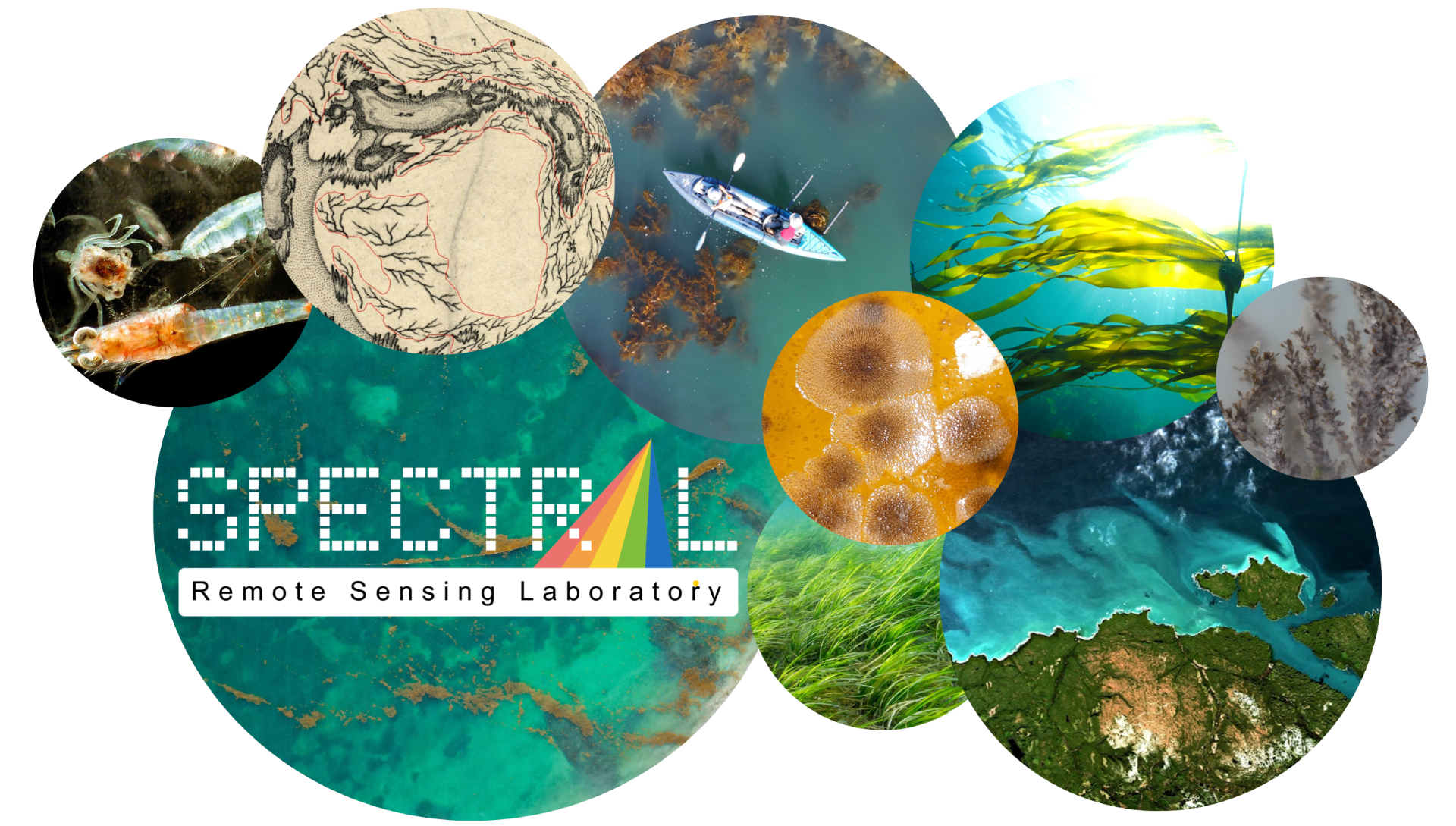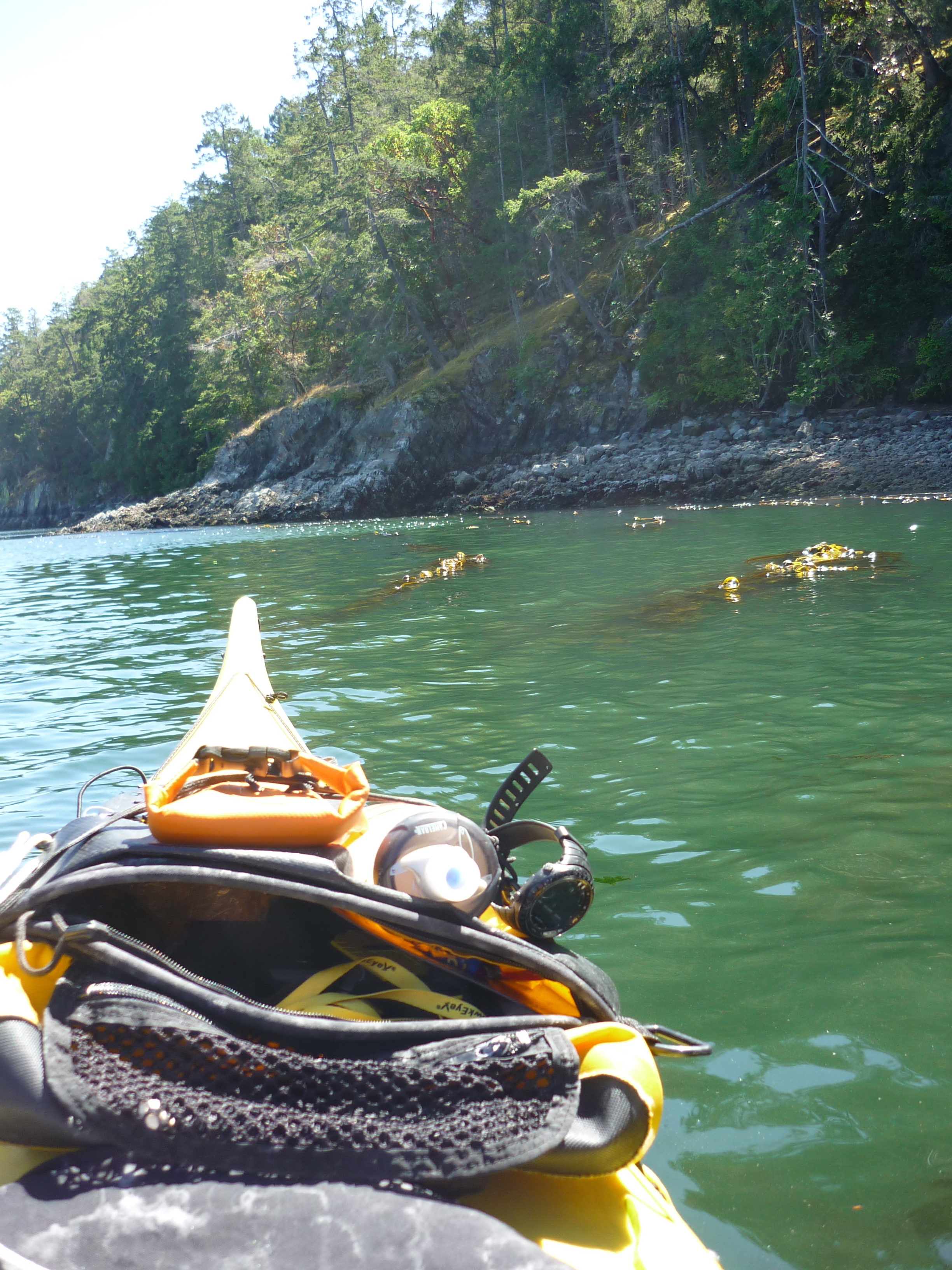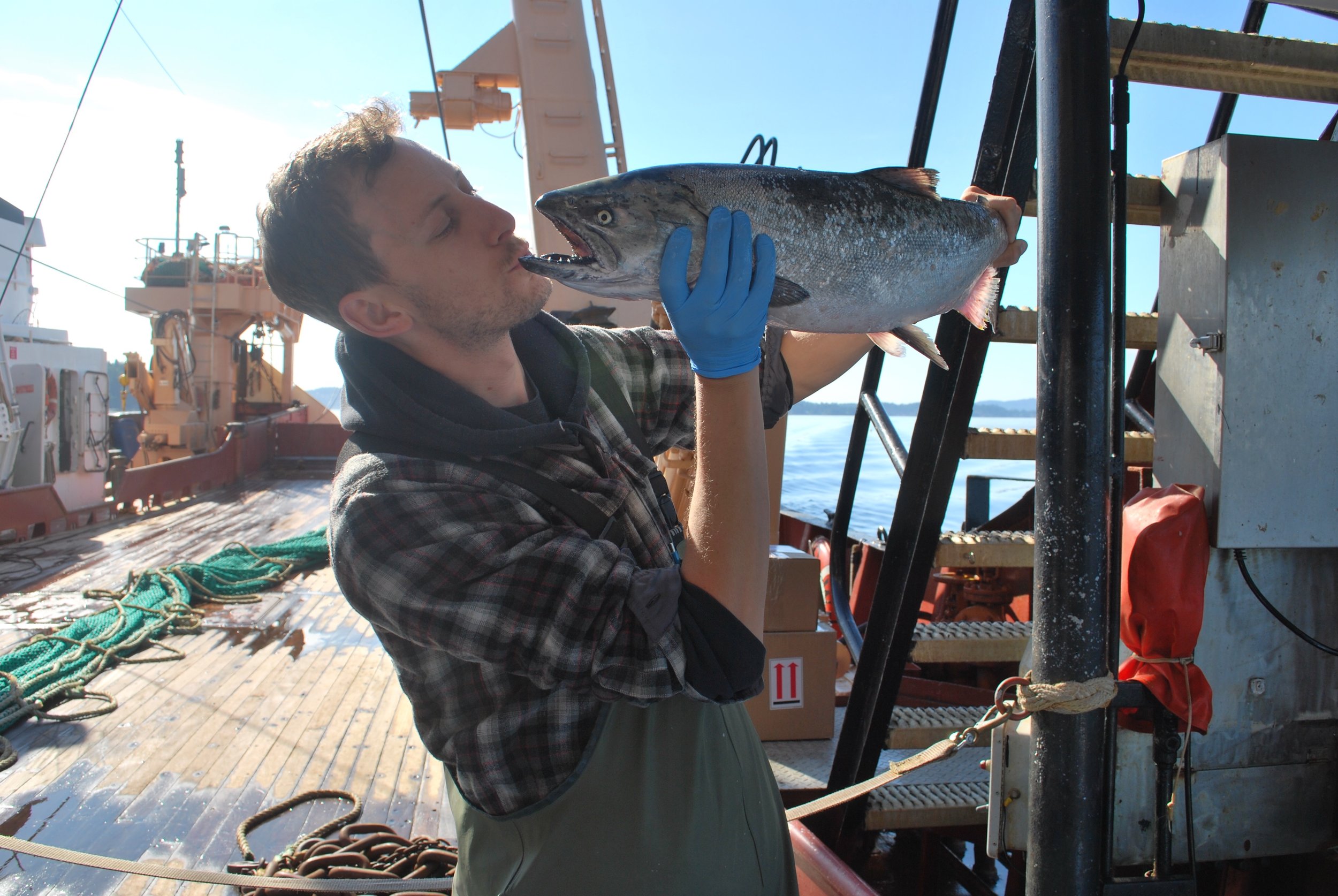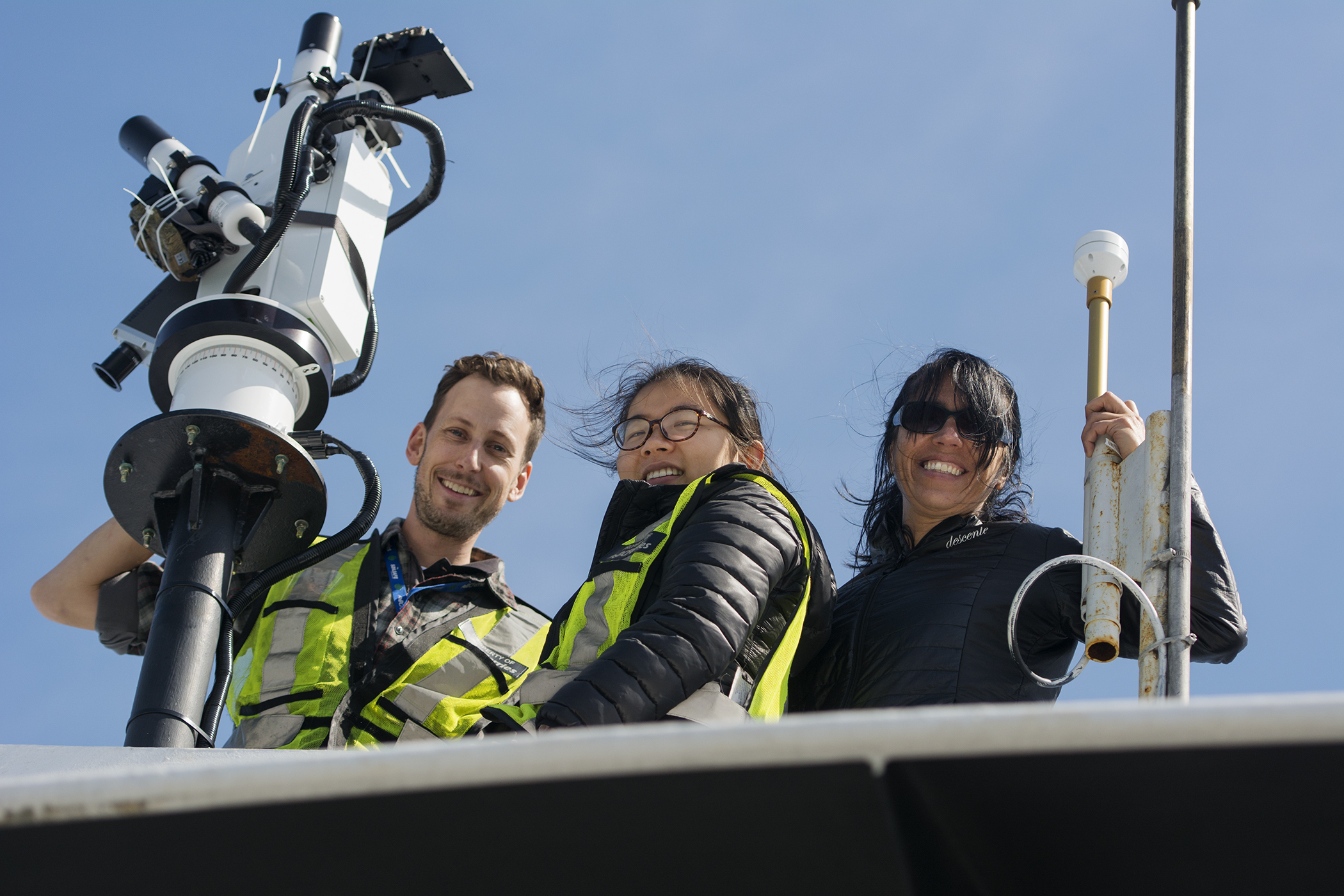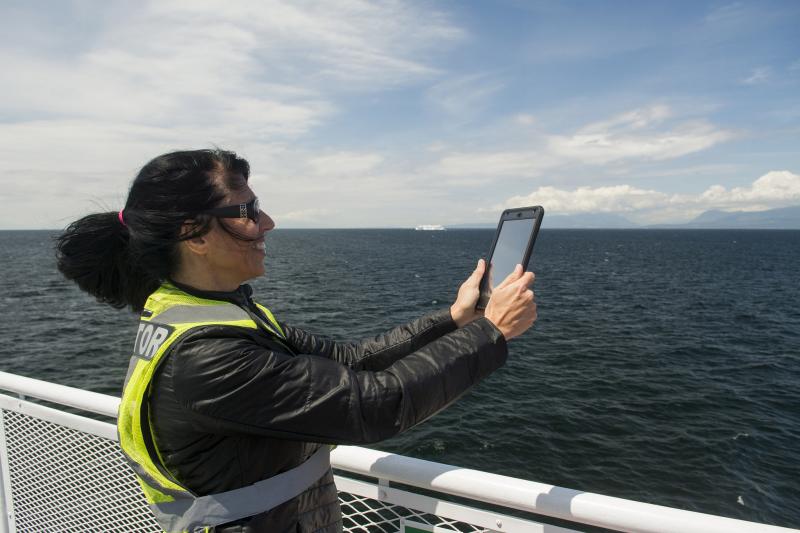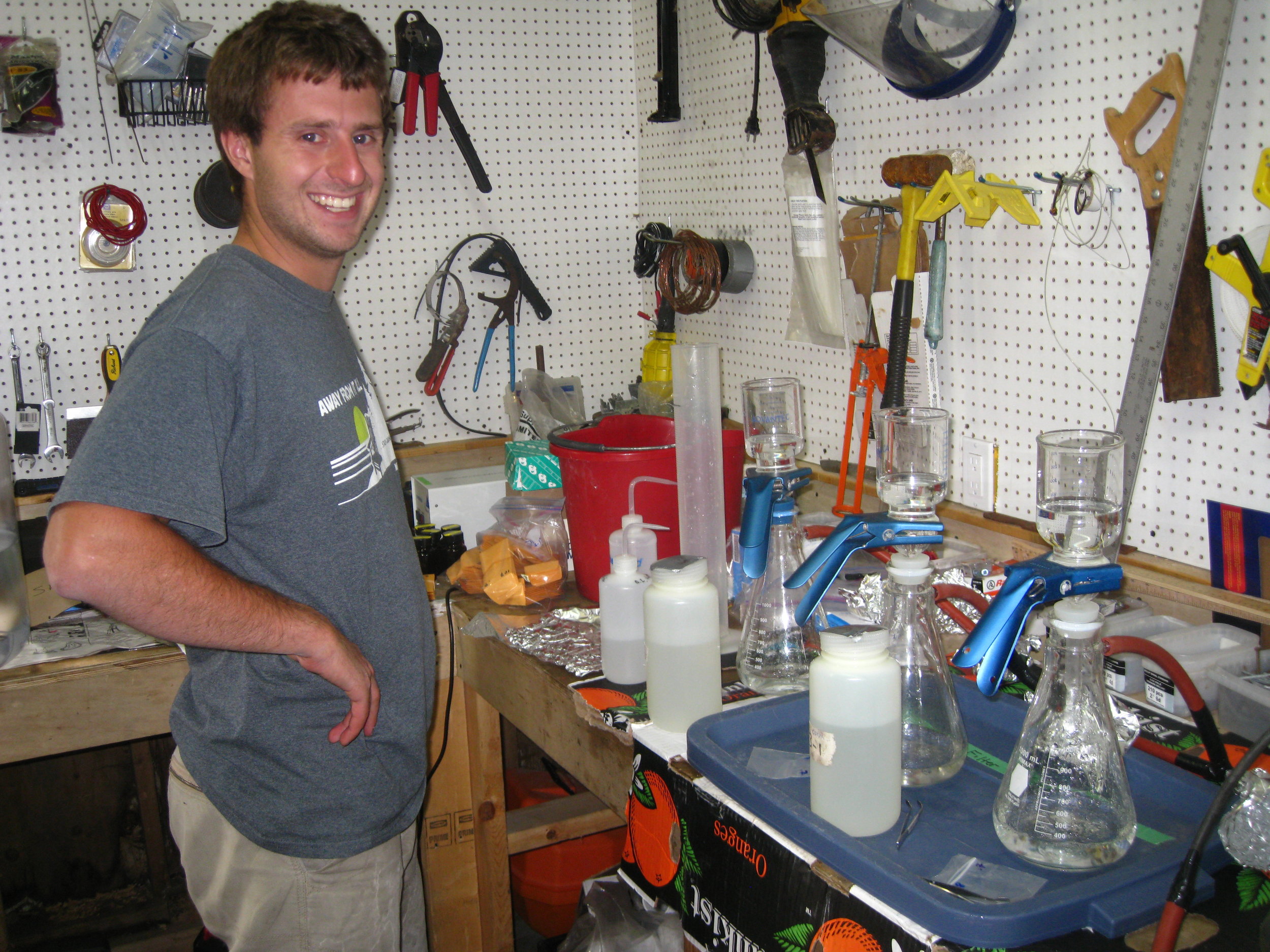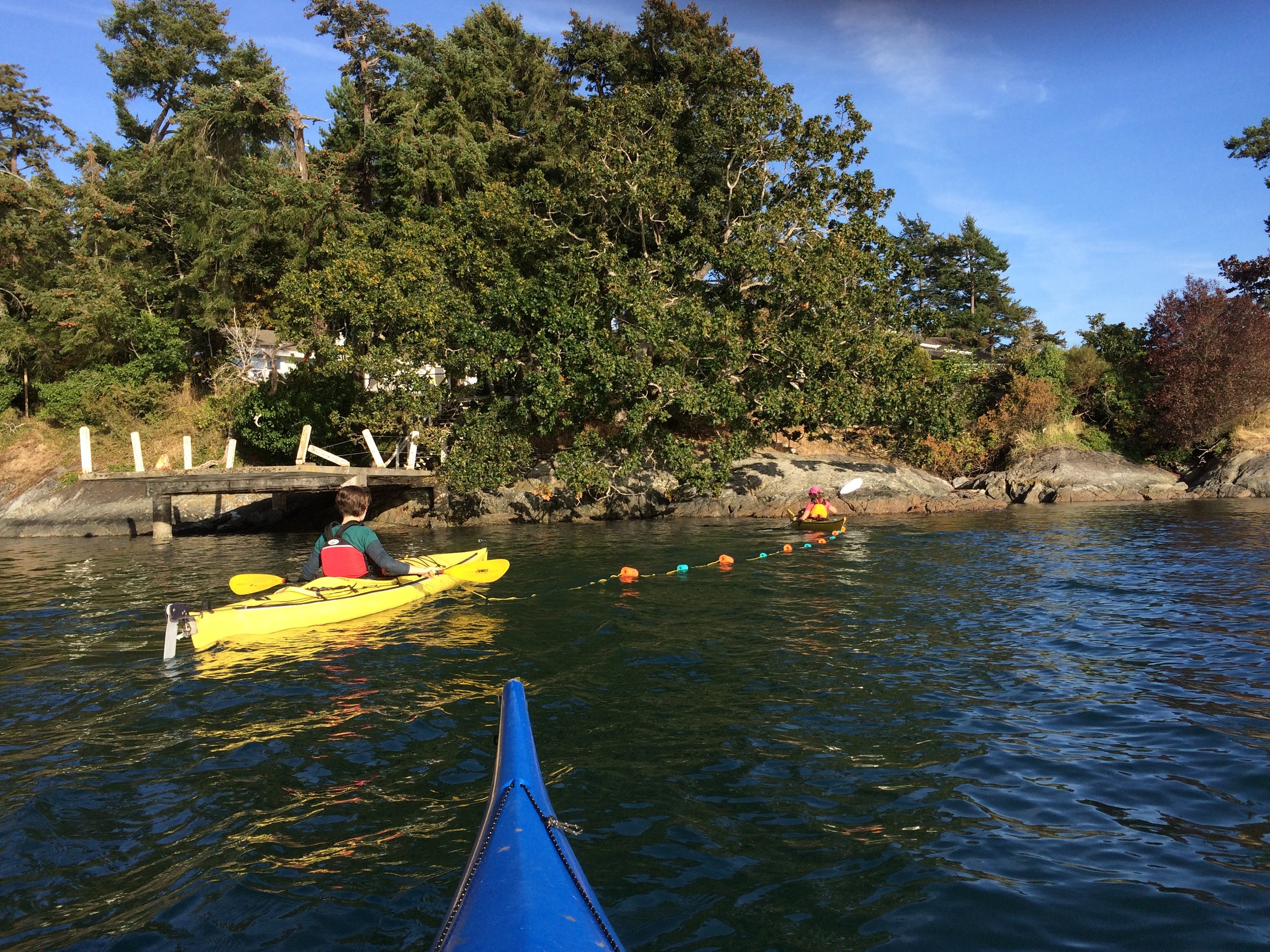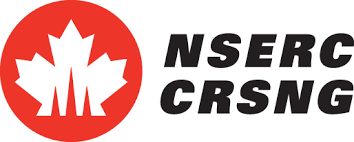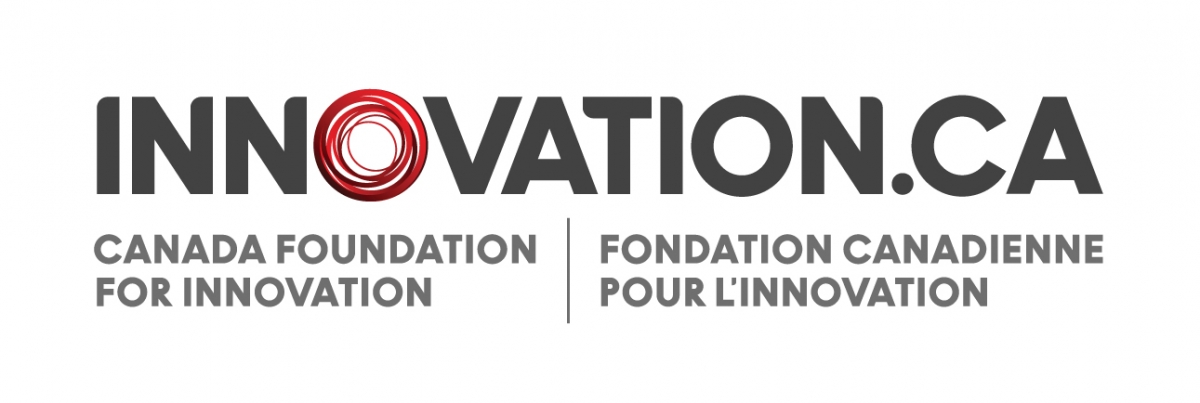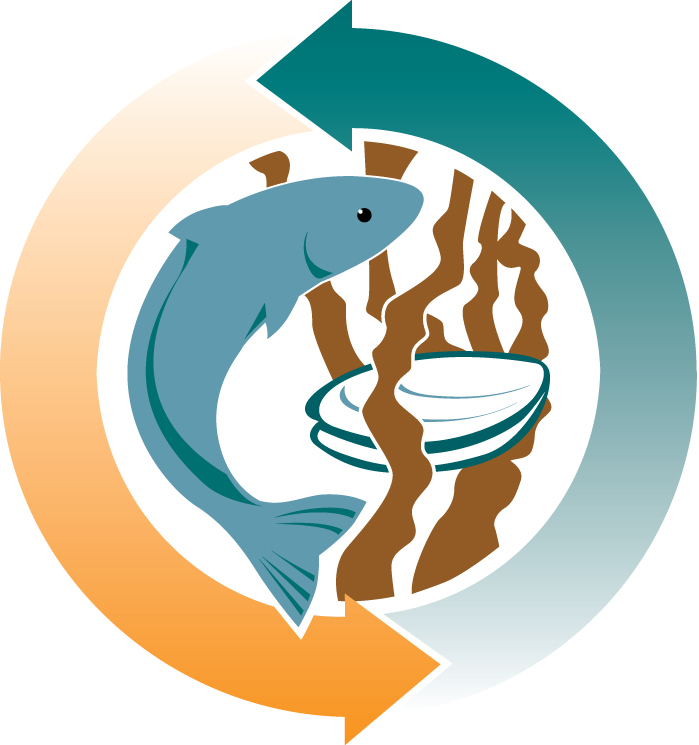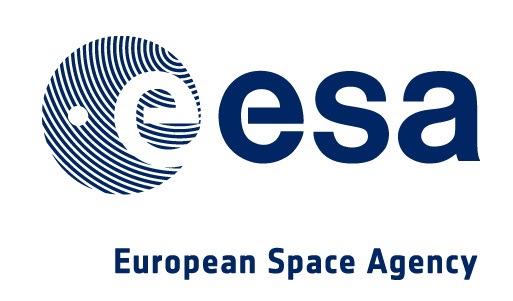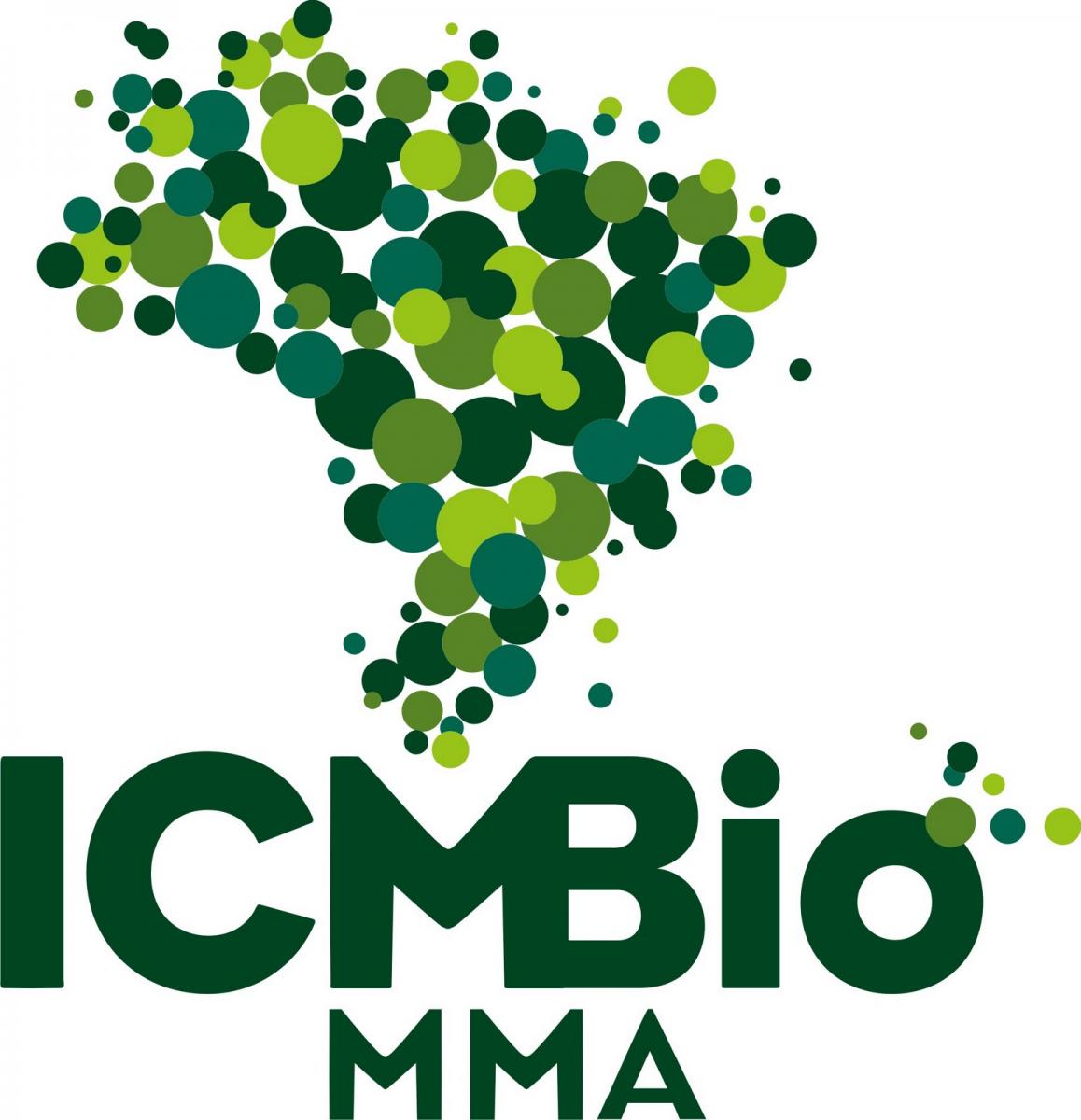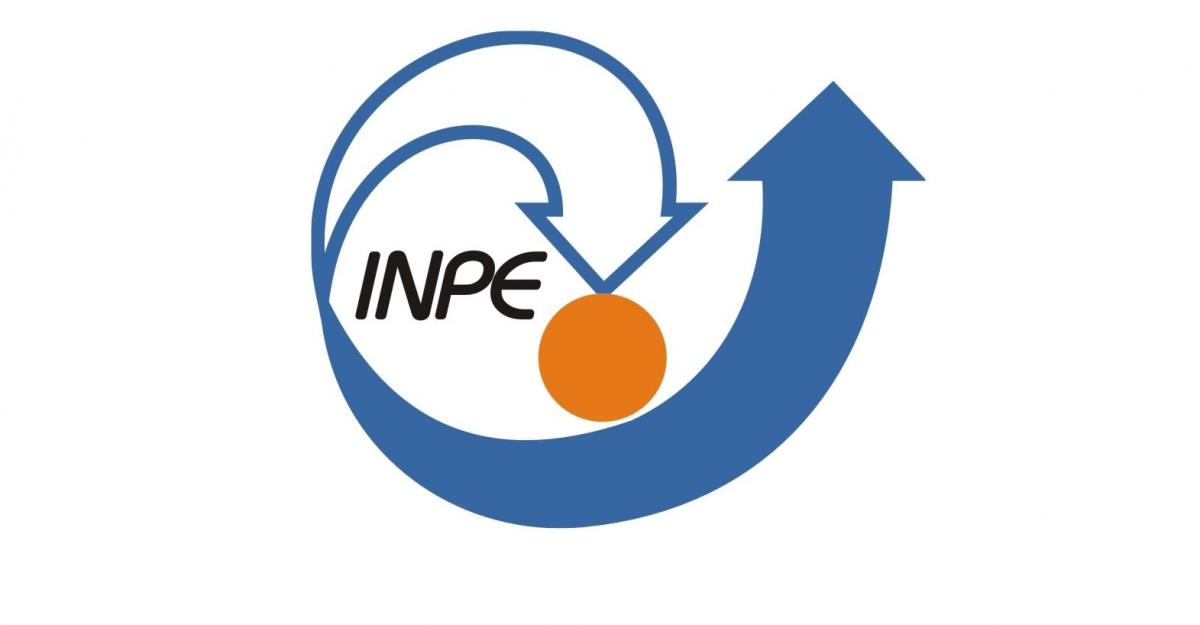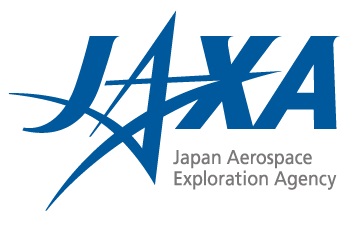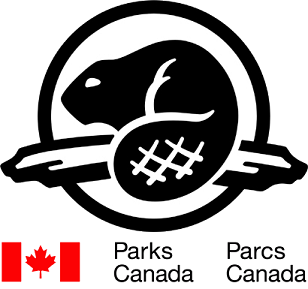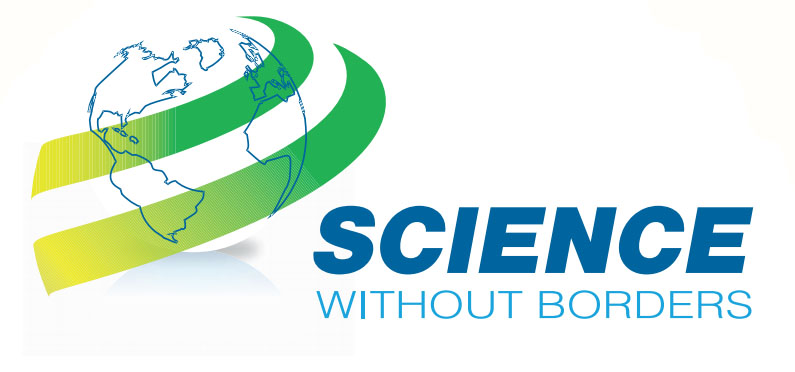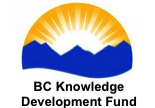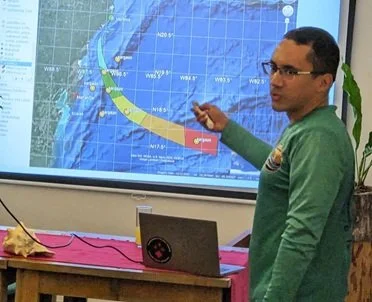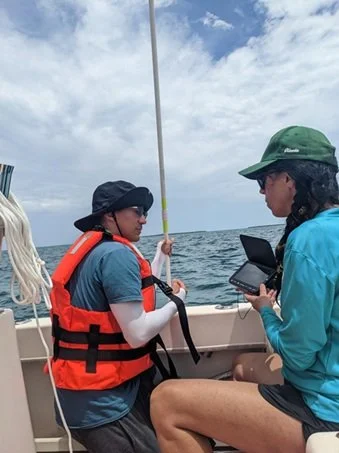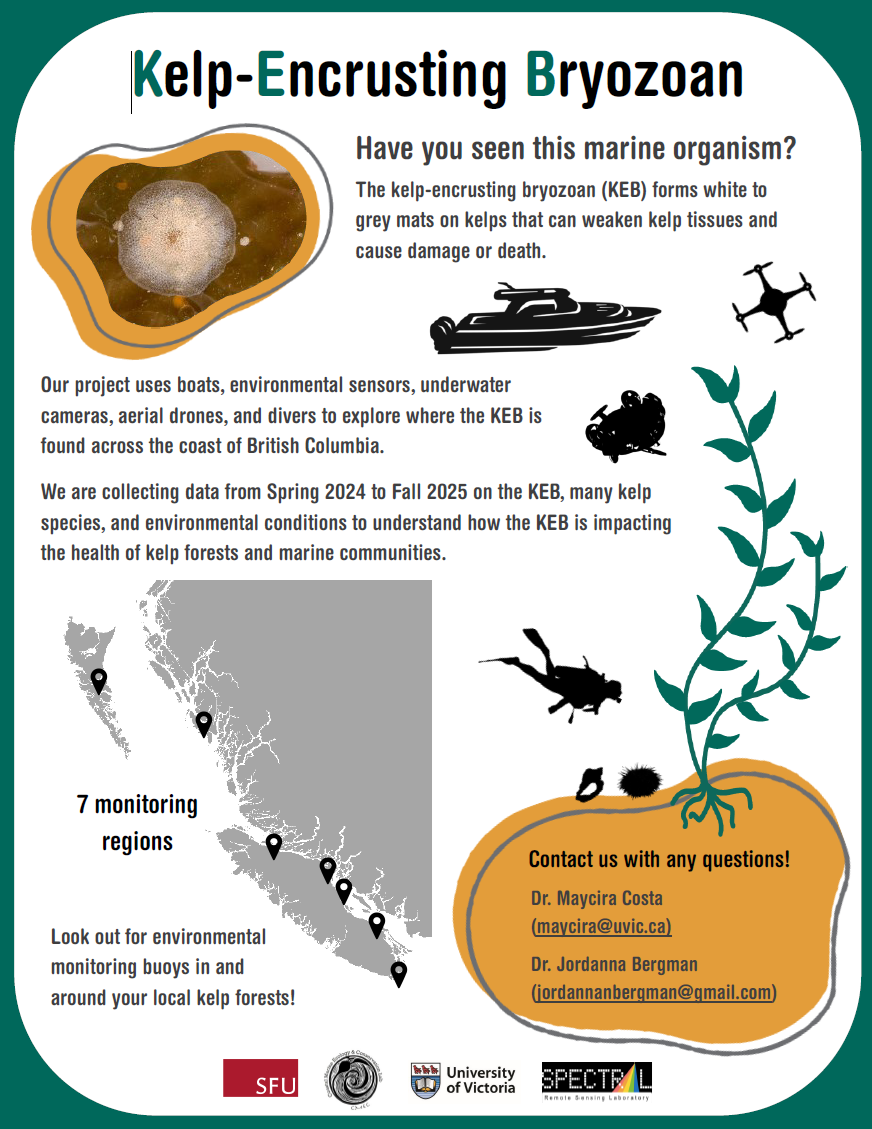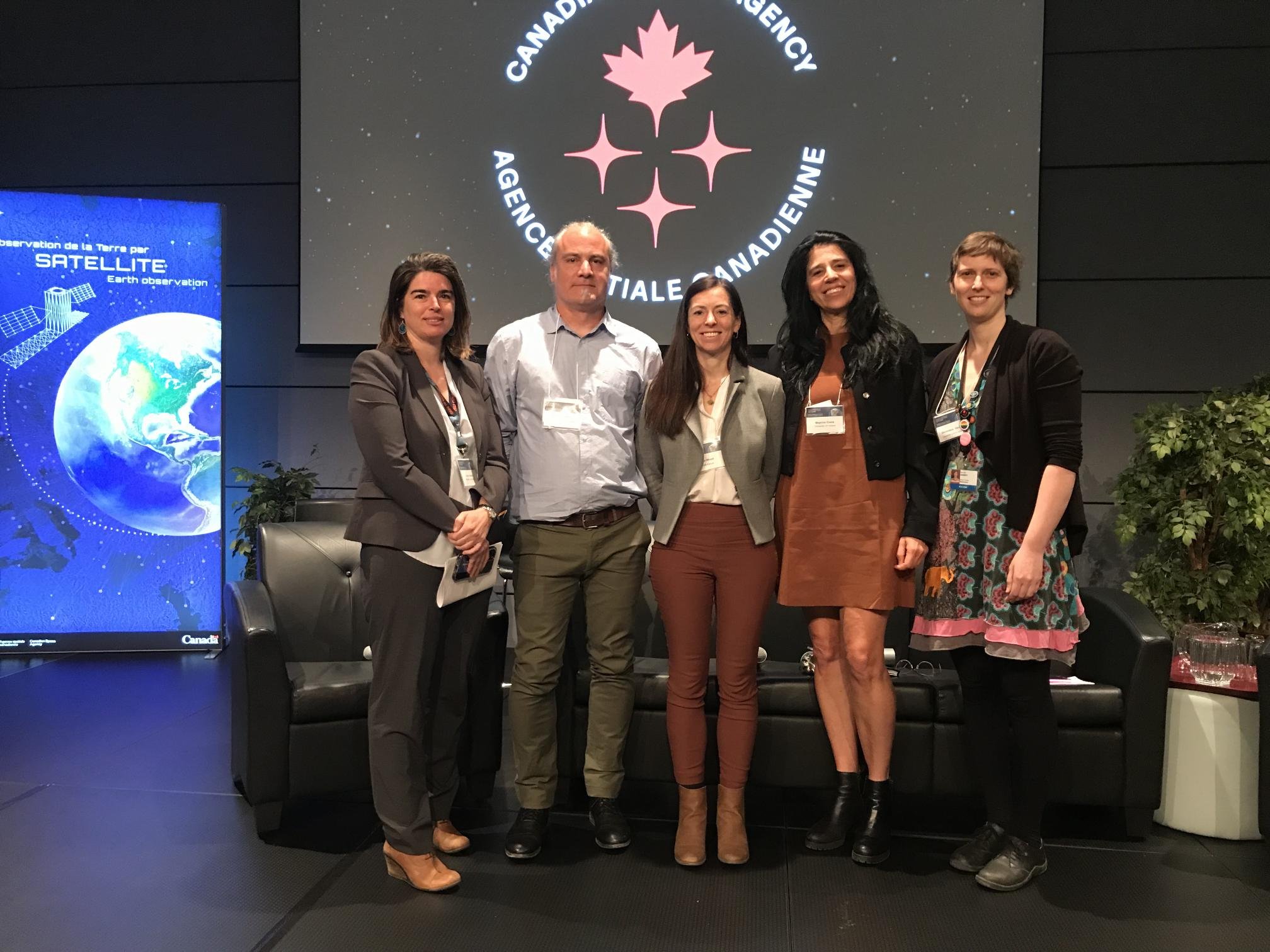



About Us
Welcome to the
Spectral Lab
About Us
Welcome to the
Spectral Lab
About Us
Located at the University of Victoria in the Geography department, our spectral and remote laboratory facility investigates multiple threads of research. By looking at the interaction of light energy with organic and inorganic material in ocean waters in the field and controlled lab environment, there is much we can discover. We have a collection of optical sensors including hyperspectral radiometers for continuous, above, and in-water measurements, fluorescence sensors for chlorophyll and CDOM, absorption, attenuation and backscattering hyperspectral sensors, CTDs, and a darkroom for simulating controlled environmental conditions. Current projects include accessing historical and modern records of kelp bed size and presence to study climate change; using satellite imagery to detect herring spawning; and collecting environmental data that may affect kelp growth and resilience.
Our group of researchers has expertise in oceanography, geography, biology, computer science, and environmental science. We are conducting interdisciplinary research with several international collaborators in Brazil (INPA, INPE), Canada (IOS, MEOPAR, Ocean Networks Canada, Pacific Salmon Foundation, SFU, UBC, UVic), the United States (UC-Santa Barbara), and Japan (JAXA).
Remote sensing technology is advancing at a much faster speed than our knowledge of how to interpret the spectral information it provides.
Latest news!
Dr. Maycira Costa: Appointed to the Earth System Science Advisory Committee at the Canadian Space Agency
The Canadian Space Agency has announced the appointment of Dr. Maycira Costa as a member of its Earth System Science Advisory Committee (ESSAC). In this role, Dr. Costa will contribute her expertise to providing independent, science-based advice to the Agency on its research disciplines, associated programs, and their applications.
ESSAC’s mandate is to advance understanding in the field of Earth system science, a multidisciplinary approach that views Earth as an interconnected system. This scientific framework examines the hydrosphere, cryosphere, biosphere, and geosphere, and explores their complex interactions with one another and with the atmosphere that links them.
Dr. Costa’s appointment reflects her distinguished contributions to environmental science and her commitment to advancing knowledge in support of Canada’s space-based Earth observation initiatives.
https://www.asc-csa.gc.ca/eng/sciences/committees/advisory-earth-system-terms.asp

Partners
Partnerships
Partners
Partnerships
News and Updates
August 2025
Julio Hernandez, postdoc in the Spectral Lab, meeting the local community in Mahahual, Mexico, to talk about the sargassum project. Research conducted in collaboration with the University of Miami and University of Sao Paulo; financial support from New Frontiers in Research Fund.
July 2025
Changes in subarctic Pacific phytoplankton communities over the last two decades
A spatial and temporal analysis of over 20 years of satellite imagery has revealed significant changes in the Subarctic Pacific, in the recent paper by Spectral Lab Postdoctoral Fellow Konik and Professor Costa, in collaboration with DFO, UBC, and researchers from Japan, Germany, and Italy. As is often the case, the details are crucial. A regional approach, combined with bioregionalization techniques, revealed that changes among primary producers are more complex than initially expected.
Konik, M., Hunt, B.P.V., Peña, M.A., Hirawake, T., Marchese, C., Vishnu, P.S., Bracher, A., Xi, H., Costa, M. (2025). Changes in subarctic Pacific phytoplankton communities over the last two decades. Frontiers in Marine Science, 12, 1609094. https://doi.org/10.3389/fmars.2025.1609094
July 2025
Kelp-Encrusting Bryozoan Project
October 2024
Research chair sets sights on marine ecosystems
Dr Maycira Costa has been named the BC Leadership Chair in Environmental Remote Sensing, with a goal to advance science and conservation management of marine ecosystems amid unprecedented environmental and natural resource changes.
May 2024
Canadian Space Agency 2024 National Forum on Earth Observation, Biodiversity Panel
June 2022
Celebrating World Oceans Day:
Experts on kelp forests available for World Oceans Day
Geography grad student Brian Timmer conducts field work in a bed of kelp near the Broughton Archipelago, on BC's central coast. Credit: Markus Thompson
March 2019
The Secret Lives of Salmon: International expedition returns to Vancouver
The Russian research vessel Kaganovsky returned to Vancouver on Monday with an unprecedented treasure trove of data about the little-studied lives of salmon in the open Pacific Ocean. Article here.
Spectral Lab PhD student Vishnu PS joins International Years of the Salmon Study.
Read more Here.
Photo: Pacific Salmon Foundation
March 2019
Century-old maps are helping track B.C.'s kelp forests
Using British admiralty charts from 1858-1956, a research team from University of Victoria’ s Spectral lab has created digital map of coastal kelp. Read article here.
June 2016
Deployment of the first autonomous radiometers in Canada
After a year of planning we have the first of it's kind autonomous solar tracking radiometers installed on a BC Ferries ship. Click to learn more about the project.
February 2016
Spectral Lab Partners with MEOPAR and Irving Shipbuilding
The SPECTRAL Lab is excited to receive support for our research studying the changing marine environment of the Salish Sea. Congratulations also to the work of University of Victoria's Dr. Julia Baum and Dr. Randy Scharien.
Full article is available here.

